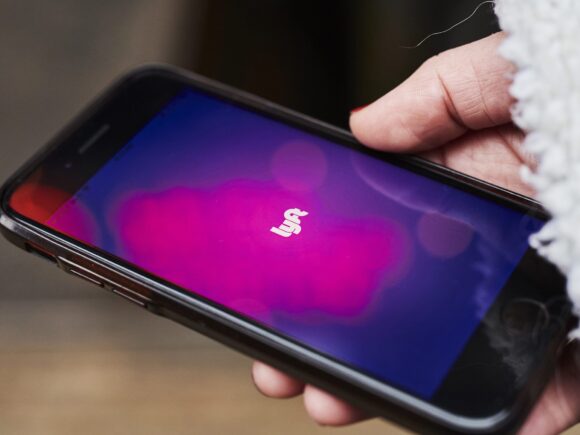Uber Technologies Inc. and Lyft Inc. have created a program to share information about drivers and delivery people deactivated from their platforms for the most serious offenses, furthering a safety push by ride-hailing companies.
The Industry Sharing Safety Initiative will allow the companies to share information about drivers who have been deactivated for sexual assault, based on classification from the National Sexual Violence Resource Center, or murder.
Ride-hailing companies have long struggled to maintain a consistently safe environment for all passengers. In 2018, Uber said there were 3,000 allegations of sexual assaults involving drivers or passengers in the U.S. The company’s license was revoked in London several times in the past few years over safety concerns, although it won an 18-month extension last September. San Francisco-based Uber has attempted to differentiate itself from competitors by introducing new features and committing to releasing safety data every two years. Lyft had also promised to release a safety study but it has yet to do so.
“Safety and trust continue to be the basis and the foundation of our platform, and that’s why it’s just so exciting to be able to find some common ground even with competitors,” said Jennifer Brandenburger, head of policy development and research at Lyft.
HireRight, an Irvine, California-based background screening company, will facilitate the program by managing data submitted from individual companies, and matching information. The program is open to other transportation and delivery companies in the U.S. such as DoorDash Inc. or Grubhub Inc., provided the companies agree to specific data requirements.
The program aims to create a safer experience in the industry and arm the companies with information to protect their passengers, while prioritizing safety, privacy and fairness for both drivers and survivors, according to the companies.
“The information we’re sharing is actually quite limited – it’s the category of deactivation, it’s the name of the driver and some identifying information so that they can be matched with the other platforms,” said Uber Chief Legal Officer Tony West.
Passenger offenses against drivers will not be included in this reporting system, and no data will be shared with law enforcement unless survivors request it, or the incident results in death, West said.
Was this article valuable?
Here are more articles you may enjoy.



 Trump’s Repeal of Climate Rule Opens a ‘New Front’ for Litigation
Trump’s Repeal of Climate Rule Opens a ‘New Front’ for Litigation  A 10-Year Wait for Autonomous Vehicles to Impact Insurers, Says Fitch
A 10-Year Wait for Autonomous Vehicles to Impact Insurers, Says Fitch  What Analysts Are Saying About the 2026 P/C Insurance Market
What Analysts Are Saying About the 2026 P/C Insurance Market  The $10 Trillion Fight: Modeling a US-China War Over Taiwan
The $10 Trillion Fight: Modeling a US-China War Over Taiwan 

